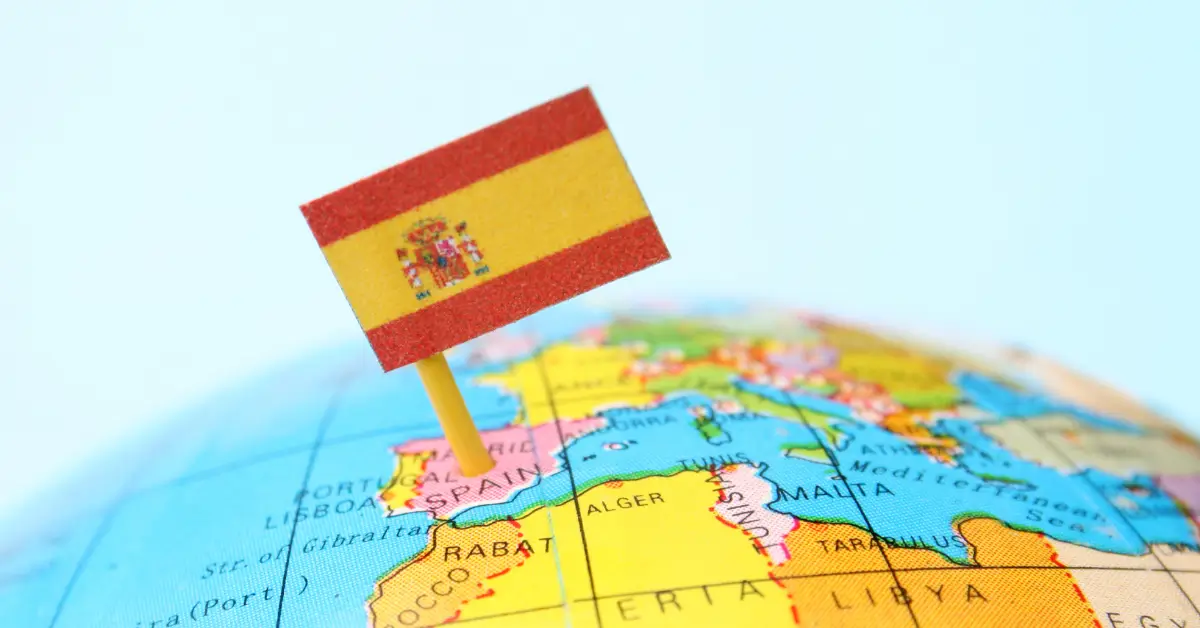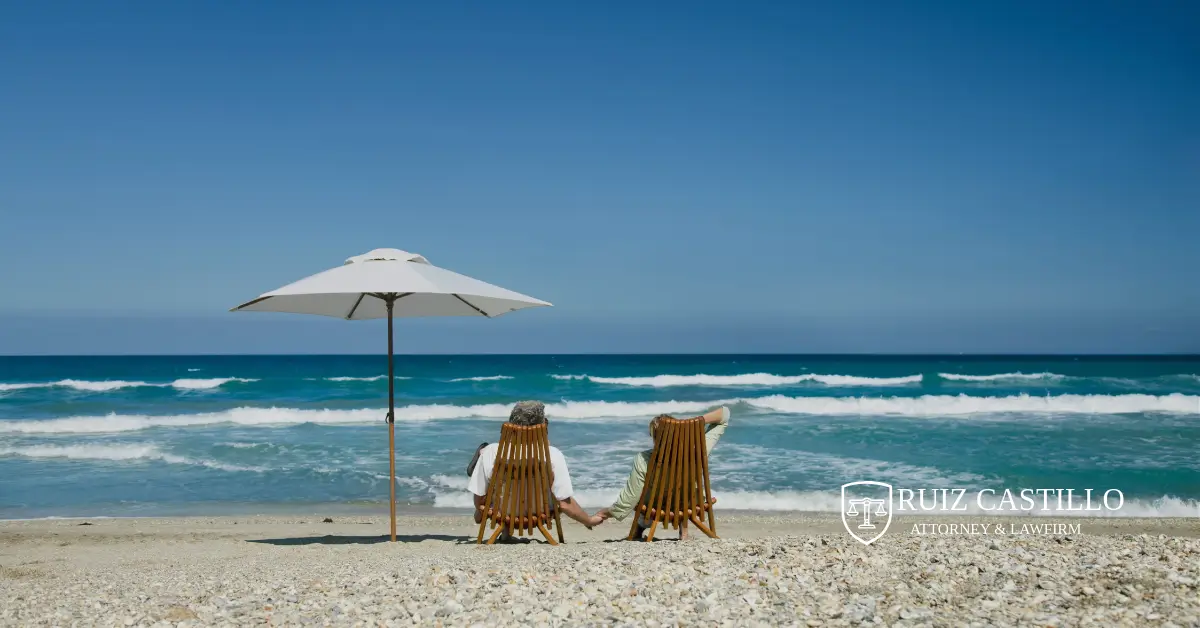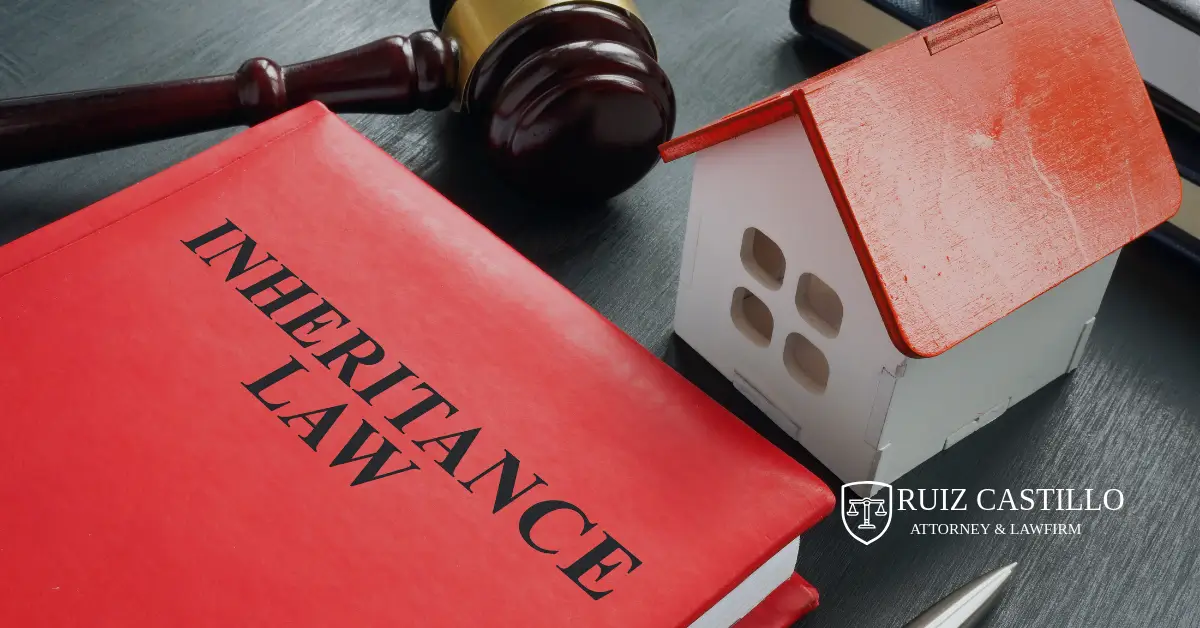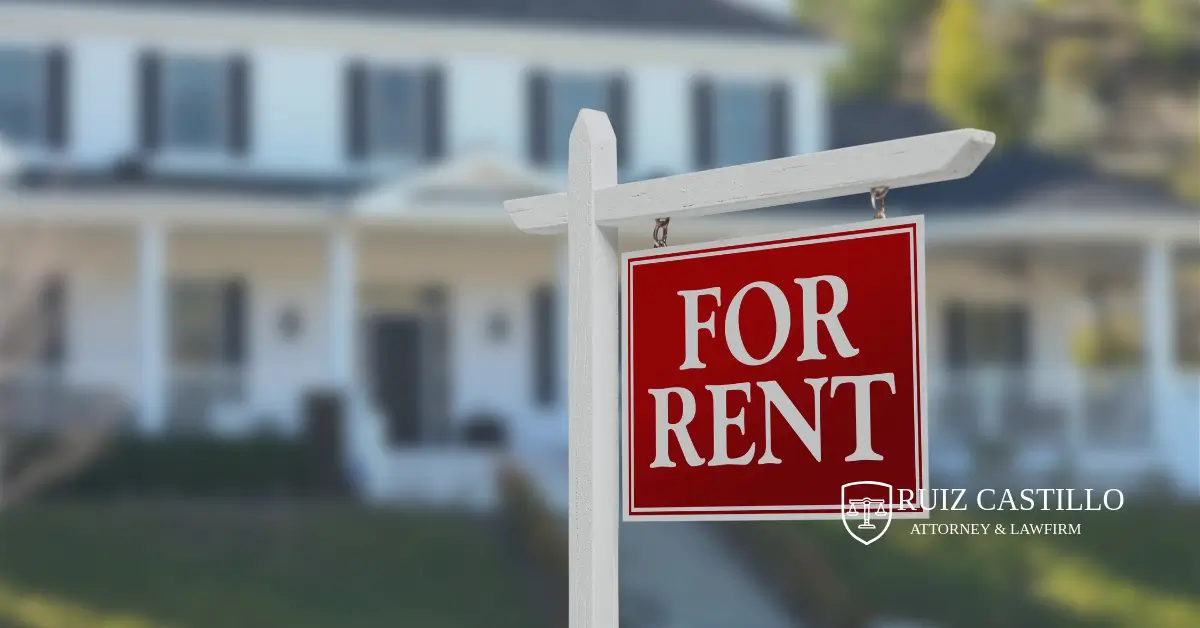
Relocating to Spain involves more than just financial and legal adjustments; it also impacts your personal and family life. Whether you’re getting married, planning for retirement, or navigating healthcare and education systems, it’s essential to be well-prepared. This guide covers family and personal matters relevant to expats in Spain, ensuring a smooth transition for you […]
Happy clients
Experience
Masters degrees
Relocating to Spain involves more than just financial and legal adjustments; it also impacts your personal and family life. Whether you’re getting married, planning for retirement, or navigating healthcare and education systems, it’s essential to be well-prepared. This guide covers family and personal matters relevant to expats in Spain, ensuring a smooth transition for you and your loved ones.
If you need expert legal assistance in Spain, contact me, José María Ruiz Castillo, for personalized legal support.
When planning to get married in Spain, you must choose between a civil marriage and a religious marriage, each with distinct procedures and legal requirements. Understanding the differences can help you determine the best option for your situation.
In Spain, both civil and religious marriages are legally recognized. Civil marriages, officiated by a representative from the civil registry, are often the simpler option for expats due to more straightforward requirements. Religious marriages can be performed by a recognized religious authority, but it’s crucial to register the marriage with civil authorities afterward to ensure legal validity. Without this registration, the marriage may not be legally binding under Spanish law.
If you’re planning to get married in Spain and need guidance on the legal steps, I can provide you with tailored assistance to make the process as smooth as possible.
To get married in Spain, several documents are required, including birth certificates, proof of marital status, and passports. While the article initially mentioned a two-year residency requirement, this is not a general rule. Residency requirements for marriage vary by region, and many places do not require residency at all. It is advisable to check with the specific civil registry in the area where you intend to marry to understand the local requirements.
Starting the document collection process early is critical to ensure everything is in order before your wedding. If you need assistance in gathering or translating documents, don’t hesitate to contact me for help.
Understanding inheritance laws in Spain is crucial for expats with assets in the country or family members who may need to inherit them. Spanish inheritance laws can differ from those in your home country, making it essential to plan ahead to avoid potential legal issues for your heirs.
Spain follows a system of forced heirship, which mandates that certain portions of your estate go to specific heirs, such as your spouse or children. For example, a spouse is entitled to usufruct rights over one-third of the estate, while children have direct inheritance rights to a portion of your assets. This system ensures family members are protected but can limit your flexibility in distributing your estate.
If you want to ensure your estate is distributed in line with your wishes, while also complying with Spanish law, I can assist you with estate planning and will creation to protect your family’s future.
Creating a Spanish will is one of the most effective ways to ensure that your estate is distributed according to your wishes. Even if you have a will in your home country, drafting a separate will for your Spanish assets can simplify the process for your heirs. To create a valid will in Spain, you must work with a notary, who will help ensure the will complies with Spanish legal standards. Once signed, the will must be registered with the central wills registry to ensure it can be easily located upon your death.
Without a Spanish will, your assets may be distributed according to Spanish succession laws, which might not align with your personal preferences. For personalized legal support in drafting a will that meets your needs, feel free to contact me.
In addition to legal matters like marriage and inheritance, expats in Spain must also consider essential services such as healthcare, education, and retirement. Proper planning in these areas ensures your family’s well-being and your financial security in Spain.
Spain offers both public and private healthcare systems. Expats who contribute to the Spanish social security system are eligible for public healthcare, which provides high-quality services. You will need to register with the civil registry and obtain a healthcare card to access these services.
For expats who are economically inactive and do not qualify for public healthcare, Spain offers the convenio especial, a special agreement that allows you to pay into the public healthcare system. This can be a great option for retirees or those without employment in Spain.
Navigating the Spanish healthcare system can be challenging for newcomers, but I can assist you in understanding your options and securing healthcare coverage for you and your family.
Read my in-depth article about healthcare rights for expats in Spain.
For expats with children, choosing the right educational path is a critical decision. Spain offers both public and private schooling options, as well as international schools that cater to expat families. Public schools in Spain are free, but the language of instruction is primarily Spanish or, in some regions, a regional language such as Catalan or Basque. For expats who prefer education in English or another language, international schools offer an excellent alternative, though they come with tuition fees.
If you need help enrolling your child in school or navigating the education system in Spain, I can provide legal assistance to ensure a smooth process.
Read my in-depth article about the education system in Spain for expat families.
Spain is a popular destination for retirees, offering a warm climate, rich culture, and access to excellent healthcare. Expats who have contributed to the Spanish social security system may be eligible for a Spanish pension. However, many retirees also rely on pensions from their home countries. It’s essential to understand the impact of double taxation agreements between Spain and your home country to avoid being taxed on your pension twice.
Navigating the complex tax laws surrounding international pensions can be overwhelming, but I can guide you through the process to ensure you maximize your retirement benefits and avoid unnecessary taxes.
Read my in-depth article about the legal and financial considerations when retiring in Spain.
Moving to Spain involves a wide range of legal and personal adjustments, from understanding the marriage process and inheritance laws to securing healthcare and planning for retirement. By preparing in advance and seeking professional legal support, you can ensure that you and your family are well-protected and fully prepared for life in Spain.
For personalized legal assistance with any of the matters discussed in this article, whether it’s estate planning, marriage, healthcare, or retirement, contact me, José María Ruiz Castillo, directly. As an experienced lawyer specializing in expat legal matters, I can help you navigate the complexities of Spanish law and secure the best possible outcome for you and your family.







